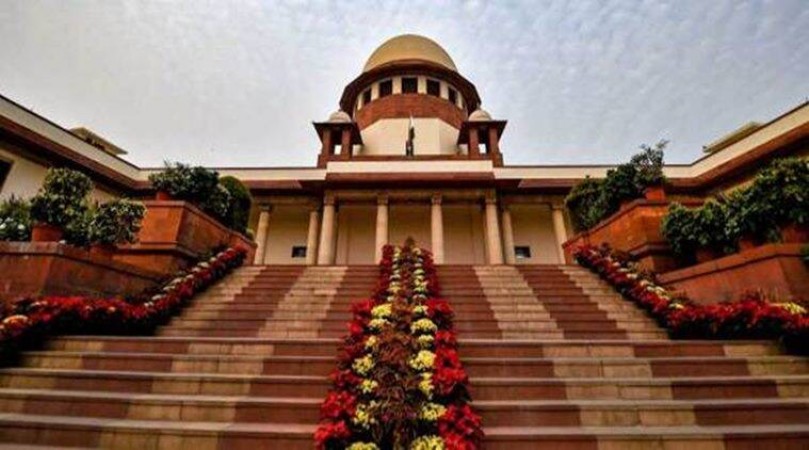
New Delhi: The Supreme Court of India has taken a proactive stance in addressing the alarming issue of lynchings in the country. The apex court has sought updates from the Union government and all state governments regarding the actions taken to prevent and combat such heinous crimes. This move comes in response to the increasing incidents of mob violence and vigilantism that have plagued the nation in recent times.
The Supreme Court's directive highlights the gravity of the situation and the urgent need for a coordinated and effective response to combat lynchings. The court has called upon the central and state governments to provide detailed information on the measures adopted to curb mob violence, protect vulnerable communities, and bring the perpetrators to justice.
Lynchings have emerged as a deeply troubling trend, fueled by rumors, misinformation, and prejudice. Victims, often from marginalized communities, have fallen prey to these acts of violence, resulting in loss of life and grave violations of human rights. The Supreme Court's intervention aims to ensure that appropriate steps are taken to address this menace and protect the fundamental rights of all citizens.
The court's directive reflects its commitment to upholding the rule of law and safeguarding the principles enshrined in the Constitution of India. It sends a clear message that mob violence and vigilantism have no place in a democratic society, and those responsible for such acts will be held accountable.
In response to the Supreme Court's order, the Union government and state governments have been actively engaged in providing updates on their efforts to tackle lynchings. The authorities have emphasized the importance of stringent law enforcement, timely intervention, and effective prosecution to deter potential offenders and ensure justice for the victims.
Also read:Tragedy Strikes Manipur: Policeman Killed, Ten Injured in Violent Clash
Various states have implemented measures to address the issue, including the establishment of special fast-track courts, strengthening of police forces, and the formulation of comprehensive anti-lynching laws. Public awareness campaigns and community outreach initiatives are also being undertaken to promote social harmony and discourage mob violence.
While progress has been made, challenges remain in curbing the menace of lynchings. The Supreme Court's directive serves as a reminder that sustained efforts are required to eradicate this form of violence from society. It calls for a collective commitment from all stakeholders, including the government, law enforcement agencies, civil society organizations, and citizens, to work together in combating lynchings and upholding the principles of justice and equality.
The Supreme Court's intervention in this matter is crucial in ensuring that the issue of lynchings receives the attention and urgency it deserves. By seeking regular updates from the Union and state governments, the court is providing a platform for accountability and transparency in the fight against mob violence.
Also read:India's Growth Towards its Economy cited by CII
The court's directive is expected to generate a significant impact by fostering a sense of responsibility among the authorities and encouraging them to take concrete actions to prevent lynchings. It also serves as a reminder that protecting the lives and dignity of all individuals, regardless of their background, is a fundamental duty of the state.
As the updates from the Union and state governments are submitted to the Supreme Court, it is hoped that they will reflect a strong commitment to combat lynchings and promote a society that upholds the values of justice, equality, and respect for human rights. The court's intervention, coupled with robust efforts at all levels, has the potential to bring about meaningful change and create a safer and more inclusive environment for all citizens.
The Supreme Court will continue to monitor the progress and actions taken by the authorities, and further directions may be issued based on the updates provided. It is through such collaborative efforts that the nation can strive towards eradicating the menace of lynchings and building a society founded on principles of compassion, justice, and equality.